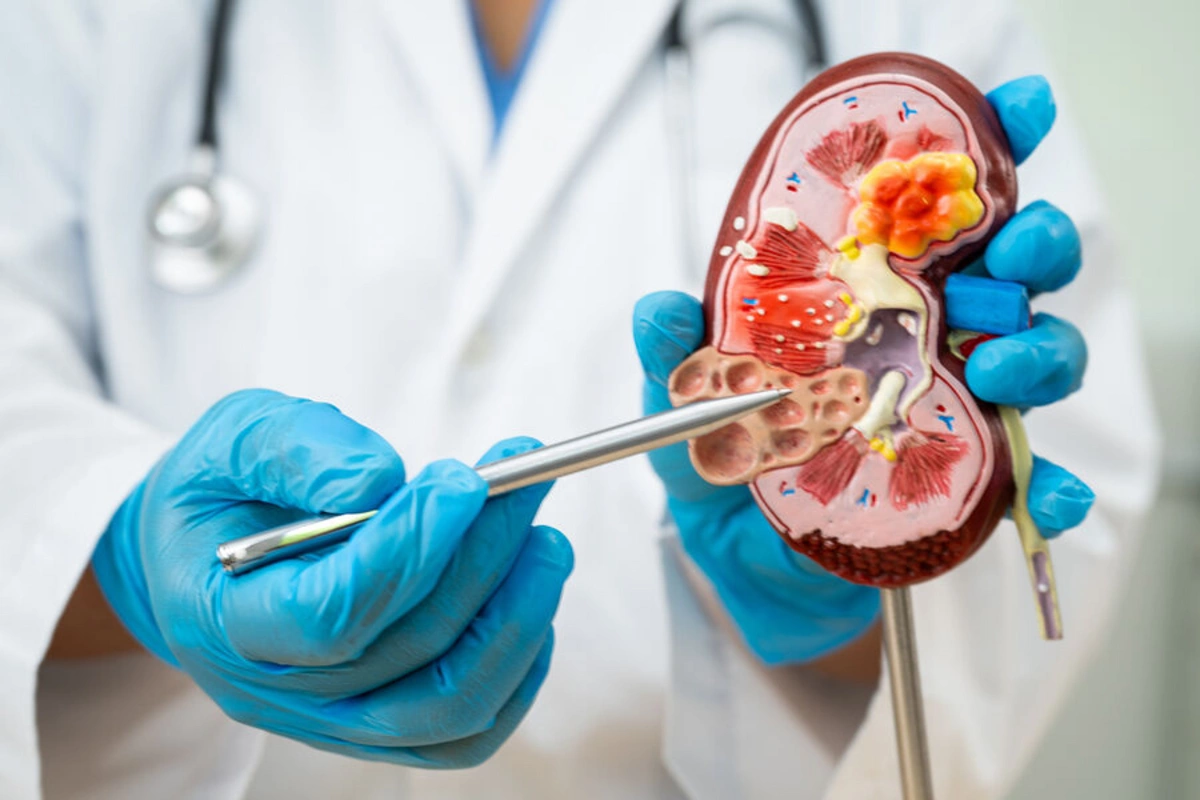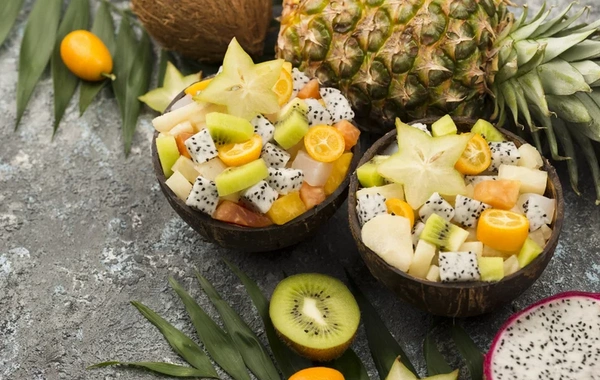Products that protect against kidney stone formation have been named

A person's diet directly affects kidney health, in particular - the process of stone formation. Some foods can provoke their appearance, others - on the contrary, contribute to prevention. Nephrologist Tanzila Sagova told "Gazeta.Ru" about which ones help reduce the risk of urolithiasis.
According to the specialist, some of the most effective "protectors" against kidney stones are citrus fruits - lemons, limes, oranges. This is due to the high content of citric acid, which increases the pH of urine and prevents the crystallization of salts.
Another important nutritional element is fiber, which helps regulate blood glucose levels and maintain normal metabolism. Therefore, the doctor advises including fresh vegetables and fruits rich in dietary fiber in the daily diet.
"Whole grain products are also beneficial in this regard - oatmeal, brown rice, quinoa and legumes (lentils, beans, chickpeas). In addition to fiber, they contain magnesium, which protects against the formation of kidney stones," added Sagova.
Low-fat dairy products also play an important role. As the nephrologist explained, the calcium they contain binds oxalates in the intestine, reducing their entry into the blood and, consequently, into the urine. This significantly reduces the risk of oxalate stone formation.
"Prefer lean protein sources - chicken, fish, eggs. Unlike red meat and offal, they contain fewer purines, which reduces the risk of uric acid stones," the specialist emphasized.
At the same time, she noted that maintaining water balance in the body remains an equally important factor in preventing urolithiasis. As large studies have shown, people who drink less than 1.5 liters of water per day have almost one and a half times higher probability of stone formation compared to those who consume more than 2.5 liters per day.
In conclusion, the specialist reminded about products that should be limited. Among them are vegetables with high oxalate content (spinach, rhubarb, beets), excess table salt and foods rich in purines (for example, red meat, some seafood and offal).
"And remember that you should definitely consult a doctor for any alarming symptoms. Only they can conduct an accurate diagnosis and select a diet that is right for you. Under no circumstances should you self-medicate," Sagova summarized.
Similar News
Doctor named four fruits to improve digestion
Kiwi, papaya, guava and slightly unripe bananas can reduce bloating and improve digestion thanks to natural enzymes and prebiotics. This was told to the Daily M...




 Azərbaycanca
Azərbaycanca  По-русски
По-русски  English
English 





